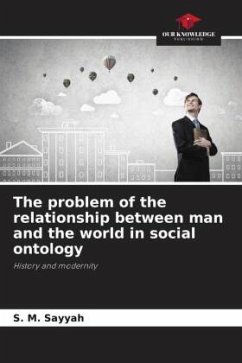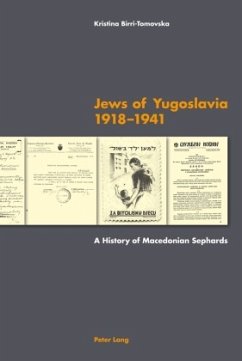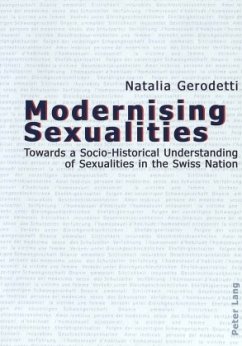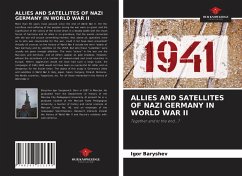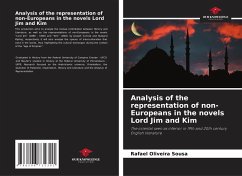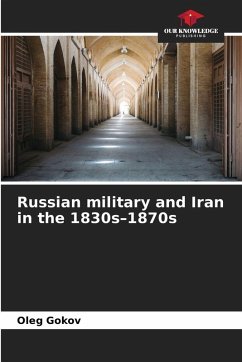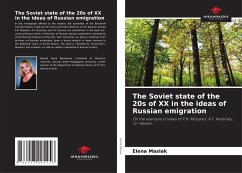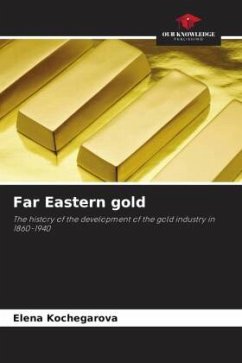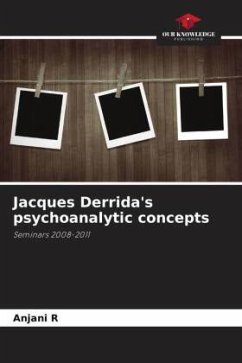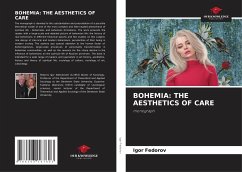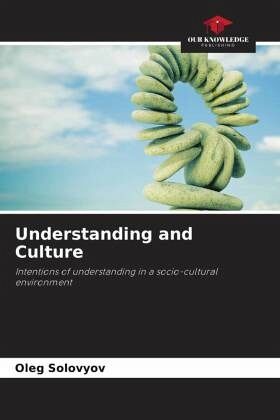
Understanding and Culture
Intentions of understanding in a socio-cultural environment
Versandkostenfrei!
Versandfertig in 6-10 Tagen
52,99 €
inkl. MwSt.

PAYBACK Punkte
26 °P sammeln!
Culture is intentionalally structured. Its intentions are discursive practices of categorical design of socio-cultural and mental phenomenality of understanding, based on values and worldview priorities. The proposed philosophical and cultural analysis of the phenomenon of understanding opens up a vast area of humanitarian research of cultural intents - theoretical structures of thought, defined by abstract philosophical categories and conditioned by the intentionality of consciousness and culture. Its general context is ontological and anthropological traditions of philosophy from antiquity t...
Culture is intentionalally structured. Its intentions are discursive practices of categorical design of socio-cultural and mental phenomenality of understanding, based on values and worldview priorities. The proposed philosophical and cultural analysis of the phenomenon of understanding opens up a vast area of humanitarian research of cultural intents - theoretical structures of thought, defined by abstract philosophical categories and conditioned by the intentionality of consciousness and culture. Its general context is ontological and anthropological traditions of philosophy from antiquity to the present day, including the fundamental ontology of M. Heidegger, hermeneutics of G.-G. Gadamer, deconstruction of J. Derrida. Theoretical reflection over the intentional structure of culture as an axiological system of patterns of activity and behavior reveals the epochs of crisis, the "split" of consciousness, and the intentional approach allows us to combine extensive historical and philosophical material in the literary quintessence of time. For historians, philosophers, literary critics, cultural studies, philologists, and all those interested in modern and classical philosophical thought.



